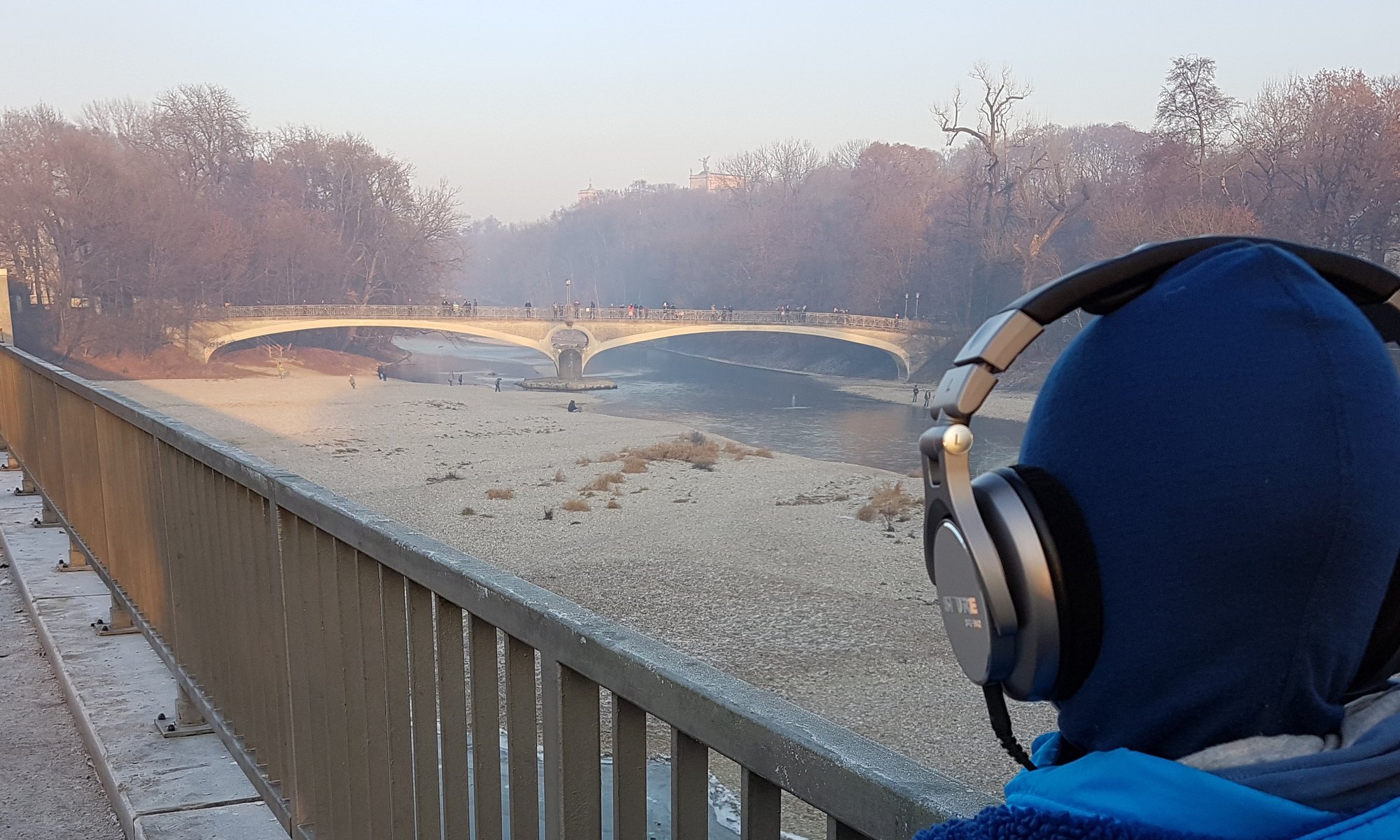
Imagine that you take a walk at the river Isar in Munich. Your smartphone starts a conversation, involving you in a discourse about memories and the past. How would that sound?
It’s almost a pact: the smartphone lets us participate in the seemingly endless treasures of information and knowledge, all from a small personal companion. In return, we reveal our innermost and core, and – through touch – we practice some peculiar form of intimacy with it.
The audio walk VERGEHEN (Passing) engages with this topic from the futuristic perspective of a utopian technical promise: our experiences can be saved and replayed forever with a brain wave recorder, the memory will be indistinguishable from the original experience. So far, we had to painstakingly translate our experiences and emotions into language, art or music to be able to communicate them. With such a machine that wouldn’t be necessary anymore. Is that really something to desire? That’s one of the questions asked in VERGEHEN.
Excerpt
CC-BY-NC: Babak Fakhamzadeh
|

